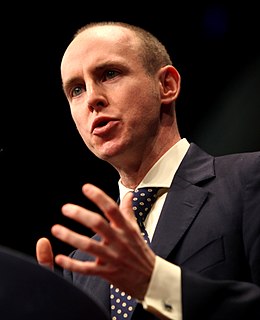A Quote by William James
Life is one long struggle between conclusions based on abstract ways of conceiving cases, and opposite conclusions prompted by our instinctive perception of them.
Related Quotes
The correctness of any of our policies has always to be tested and is always being tested by the masses themselves. We ourselves constantly examine our own decisions and policies. We correct our mistakes whenever we find them. We draw conclusions from all positive and negative experiences and apply those conclusions as widely as possible. In these ways relations between the Communist party and the masses of the people are constantly being improved.
If we wish to draw philosophical conclusions about our own existence, our significance, and the significance of the universe itself, our conclusions should be based on empirical knowledge. A truly open mind means forcing our imaginations to conform to the evidence of reality, and not vice versa, whether or not we like the implications.
I couldn't possibly tell you. But I would say be very careful with your suppositions. People are so quick to jump. That's what I love about playing the character. People are so quick to draw conclusions about who he is. The whole thing about Loki is that he's dancing on this liminal line between redemption and destruction. Just be very careful about drawing conclusions based on what you see.










































